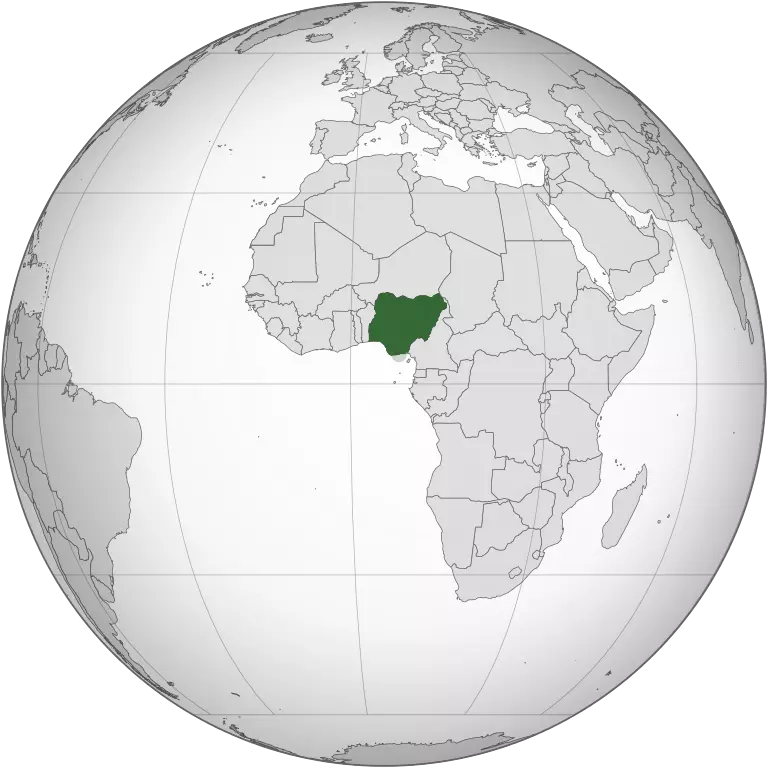Nigeria is experiencing the worst cholera epidemic to affect the country in recent history. As of September 19, a total of 81,413 suspected cholera cases, including 2,791 deaths, have been reported in Nigeria this year.

Currently, Nigeria is experiencing the worst cholera epidemic to affect the country in recent history. As of September 19, 2021, a total of 81,413 suspected cholera cases, including 2,791 deaths (case fatality rate 3.4%), have been reported in the country this year. Since the beginning of 2021, children of 5 to 14 years of age represent the most affected age group (1).
The epidemic in Nigeria has been widespread, with 29 of 36 states reporting cholera cases in 2021. A total of 341 local government areas (LGAs) have been affected by the epidemic. The states of Bauchi (19,309 cases), Kano (11,783 cases) and Jigawa (10,758 cases), which are located in the central north part of the country, account for 51% of all cumulative cases (1).
During week 37 (September 13-19), 15 states and 50 LGAs reported cholera cases, with a total of 1,825 suspected cases and 55 deaths (case fatality rate 3%). During this time, the states of Zamfara, Bauchi, Yobe, Katsina and Borno accounted for 87.3% of all suspected cases.
Factors contributing to cholera spread in affected communities include open defecation and a lack of potable drinking water in some rural areas and urban slums (1).
The response is coordinated by the national Emergency Operations Center hosted at the Nigerian Center for Disease Control, in collaboration with the Federal Ministry of Health, the Federal Ministry of Water Resources, the Federal Ministry of Environment and partners. In affected states, WASH (water, sanitation and hygiene) sector partners and community health volunteers have been promoting hygiene measures, providing safe water, chlorinating drinking water, disinfecting case residences and raising awareness regarding the risks associated with open defecation. Furthermore, reactive oral cholera vaccine campaigns were conducted in Agatu LGA, Benue State (in March) and Bauchi LGA, Bauchi State (in July) (1).
Despite these efforts, many obstacles continue to hinder the response. For example, some communities are difficult to access due to security concerns. The health system continues to experience challenges due to inadequate health facility infrastructure and limited trained personnel. Poor and inconsistent reporting from states has also hampered the response (1).
Although weekly case numbers have declined over the past month, rapid response interventions targeting communities with high transmission rates remain critical to control the epidemic (1). Furthermore, neighboring countries in West Africa should remain vigilant for imported cases. Indeed, cholera cases have already been reported in neighboring Niger, with 2,569 cumulative cases reported from week 1 to week 34. In Niger, six of eight regions have already been affected (2).
To follow the evolution of the cholera epidemic in Nigeria, consult the Nigeria Centre for Disease Control website.
REFERENCES
1. NCDC. Cholera Situation Report WEEKLY EPIDEMIOLOGICAL REPORT 14 Epi Week 37 : 13 September – 19 September 2021. 2021.
2. UNICEF. Cholera Outbreaks in Central and West Africa : 2021 Regional Update - Week 1–34. 2021.
